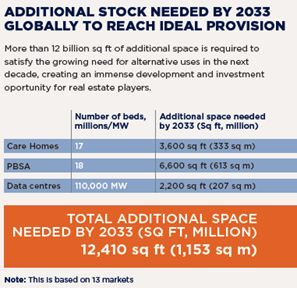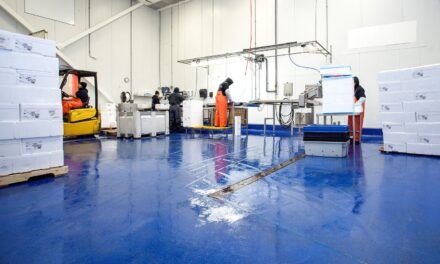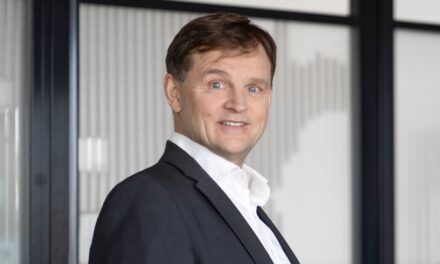1.2 billion sq m of space is required globally in the next decade to satisfy growing demand for the top three ‘alternative’ property sectors, says Savills, providing a major opportunity for investors.
The international real estate advisor has crunched the numbers for the care home, purpose-built student housing (PBSA) and data centre markets across 13 major markets as part of Impacts, its global research programme, to reveal that an additional 17 million care home beds, 18 million PBSA beds and 110,000MW of data centre capacity are required by 2033 to keep pace with demand. Combined, this is the equivalent of approximately 1.2 billion sq m of real estate space.

Savills says that its projections are based on analysis of global growth and demographic trends and that the three sectors offer a sizeable opportunity for investors and developers.
“These three sub-sectors have already seen significant investor interest, Marcus Roberts, Head of Europe – Operational Capital Markets at Savills, comments: “The average annual growth of investment into PBSA, care homes, and data centres globally was 17% over the last decade, while the average annual growth of total commercial real estate investment was around 7%, showing the underlying strong fundamentals of these asset classes. We know much more capital globally is looking to deploy into these markets, but this money is often stymied by a lack of portfolios that allow investment at scale. Our research today demonstrates the size of latent demand and boost confidence in the projects being brought forward.”
Eri Mitsostergiou, Director in Savills World Research team, adds: “Largely unaffected by business cycles, these three alternative real estate sectors offer not only potentially high returns, but also the possibility to generate a positive ESG contribution – delivering senior housing that meets the needs of ageing populations, affordable student housing that supports the education of future generations, or investing in the technology to make data centres more energy efficient by capturing and reusing excess heat, for example. Not only that, but it’s implausible that the approximate 1.2 billion sq m of space required can come from new buildings: much of it is projected to be required in geographies that offer limited scope for new development and/or are implementing ‘retrofit first’ policies. Significant volumes of real estate will therefore need to be repurposed from other uses, thereby offering a further opportunity to improve the environmental performance of a meaningful number of assets and decrease carbon emissions.”
Savills has identified that key markets for growth in each sector include China and India for data centres, as both currently have the lowest number of individuals using the internet as a percentage of population. These countries are also likely to see tertiary students double in the next decade, alongside Japan, South Korea, and Australia – although the demand for PBSA created by this trend is likely to also be felt abroad in countries popular with international students such as the US and UK. Demand for care home beds over the next decade, meanwhile, is likely to spike in South Korea which is due to see 101% growth in its population aged over 80 by 2033, compared to 2019, alongside China (100% growth), Australia (79%), Canada (77%), India (75%), the US (64%) and Poland (53%).
Kamil Kowa, Member of the Board, Savills, comments: “In the case of Poland, we see unwavering interest from investors, especially in the student housing sector, or the broadly understood living sector. Strong academic centres, not only in Warsaw but also in major regional cities, a low ratio of beds in modern facilities compared to the student population (from 0.5% in Warsaw to 2.6% in Lodz) and the increasing number of international students (23% growth over the past 5 years) provide strong foundations for further development of this sector. The number of operating facilities and developer projects ready for construction remains low. Nevertheless, despite the global slowdown in real estate transactions, we expect several interesting deals in this sector this year. Similarly strong foundations are seen in the case of nursing homes. However, this market in Poland is in a slightly earlier phase of development and so far appears less often on the radars of foreign investors.”



























